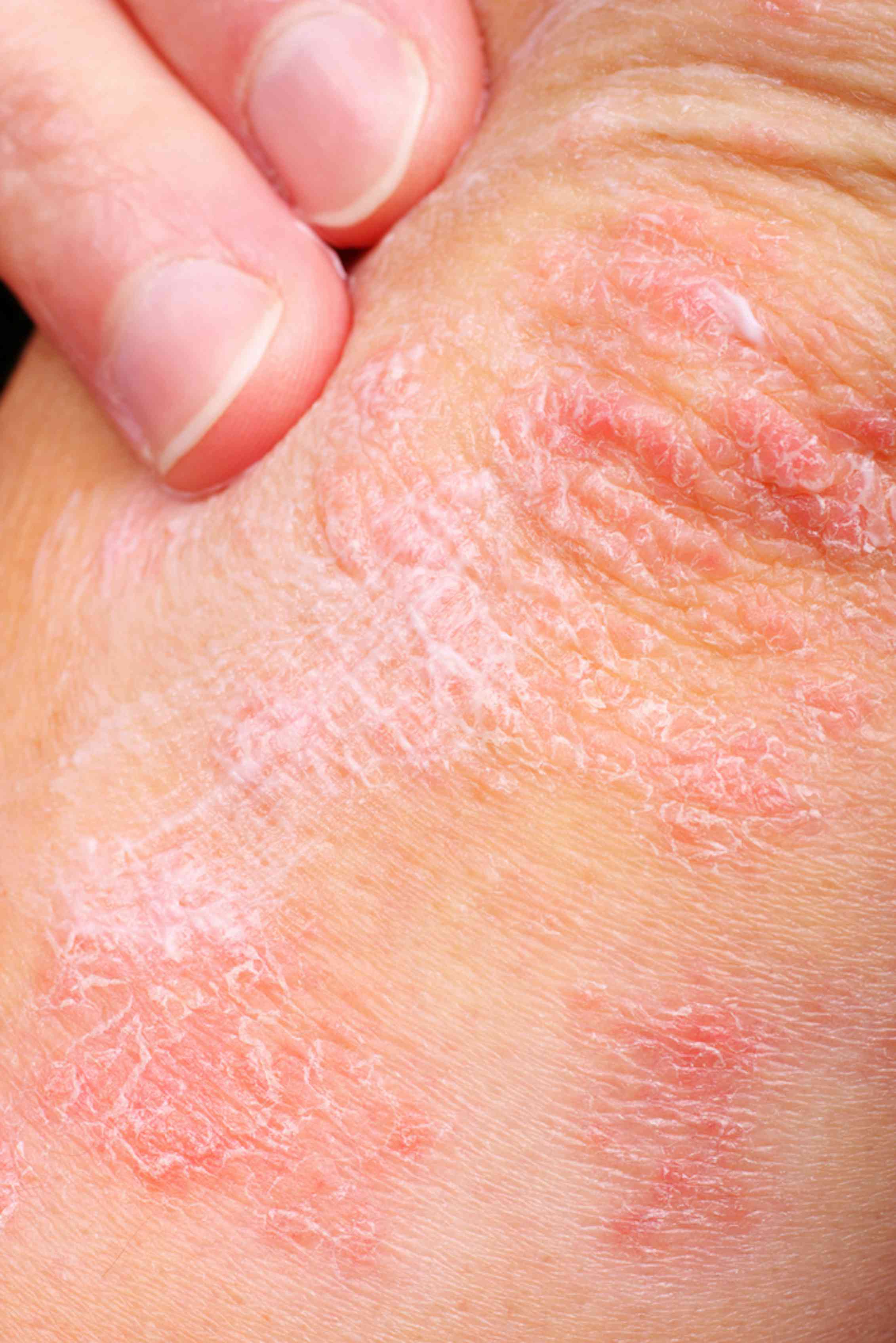Best Of The Best Tips About How To Detect Eczema

It’s characterized by small, intensely itchy blisters.
How to detect eczema. Assessment for diagnostic features of eczema or other diagnoses. Eczema symptoms types of eczema eczema causes 13 min read what is eczema? They'll usually be able to diagnose atopic eczema by looking at your skin and asking:
They will then advise you on how to avoid the allergen, which is most likely found in multiple objects or products in your daily life. Symptoms of eczema can look similar to other conditions. The underlying causes of psoriasis and eczema are different:
Psoriasis is an autoimmune condition. Nature's pantry holds some powerful remedies for eczema. Atopic dermatitis (also known as eczema) is a common skin condition in babies.
If eczema is linked to a contact allergy to a product or object, your doctor will conduct tests to detect the allergen responsible. Doctors & departments overview atopic dermatitis behind the knees enlarge image atopic dermatitis (eczema) is a condition that causes dry, itchy and inflamed skin. Identifying your personal triggers will help you manage your eczema.
Dermatologists care for people of all ages. Whether the rash is itchy and where it appears; Whether it comes and goes over time;
A key step in treating allergic contact eczema. Most often, people receive an eczema diagnosis as a child, as it’s common among children, but a diagnosis can happen at any age when symptoms arise. The main symptom is tiny, itchy blisters on the hands and feet.
It typically starts as itchiness, followed by a rash and, in some cases, blisters. It's common in young children but can occur at any age. Other skin conditions, like psoriasis, can look like eczema.
Often, a doctor can diagnose the condition by talking with you about your symptoms and examining your skin. When, how often, and where do your itchy patches appear? A dermatologist is a medical doctor who specializes in treating the skin, hair, and nails.
Genetic as well as environmental factors are thought to play a part in the pathogenesis. Atopic dermatitis, contact dermatitis, dyshidrotic eczema, nummular eczema, seborrheic dermatitis and stasis dermatitis. Untreated eczema can lead to a variety of complications, such as other skin issues, mental health concerns, and sleep difficulties.
Do any of your blood relatives have atopic dermatitis, asthma, or hay fever? Atopic dermatitis is long lasting (chronic) and tends to flare sometimes. People with the disease tend to have dry, itchy skin that is prone to infection.





/Eczema-treatment-83204_final-e1911056378f46e29d9d1bd19b16cbc0.gif)












